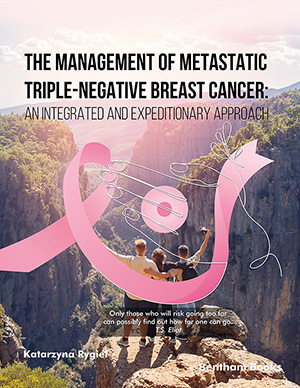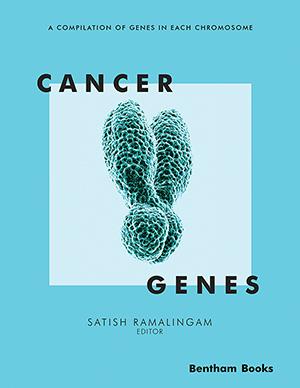Abstract
Background: Ovarian cancer (OC) is one of the malignant diseases of the reproductive system in elderly women. Aging-related genes (ARGs) were involved in tumor malignancy and cellular senescence, but the specifics of these mechanisms in OC remain unknown.
Methods: ARGs expression and survival data of OC patients were collected from TCGA and CPTAC databases. Subtype classification was used to identify the roles of hub ARGs in OC progression, including function enrichment, immune infiltration, and drug sensitivity. LASSO regression was utilized to confirm the prognosis significance for these hub ARGs. MTT, EdU, Transwell, and wounding healing analysis confirmed the effect of IGFBP5 on the proliferation and migration ability of OC cells.
Results: ARGs were ectopically expressed in OC tissues compared to normal ovary tissues. Three molecular subtypes were divided by ARGs for OC patients. There were significant differences in ferroptosis, m6A methylation, prognosis, immune infiltration, angiogenesis, differentiation level, and drug sensitivity among the three groups. LASSO regression indicated that 4 signatures, FOXO4, IGFBP5, OGG1 and TYMS, had important prognosis significance. Moreover, IGFBP5 was significantly correlated with immune infiltration. The hub ARG, IGFBP5, expression was significantly decreased in OC patients compared to normal women. IGFBP5 could also reduce the migration and proliferation ability of OC cells compared to vector and NC groups.
Conclusion: IGFBP5 was correlated with OC prognosis and associated with OC migration and proliferation. This gene may serve as potential prognostic biomarkers and therapeutic targets for OC patients.
Keywords: Ovarian cancer, IGBP5, aging-related genes, immune infiltration, prognostic model, oncogene-induced senescence (OIS).




























